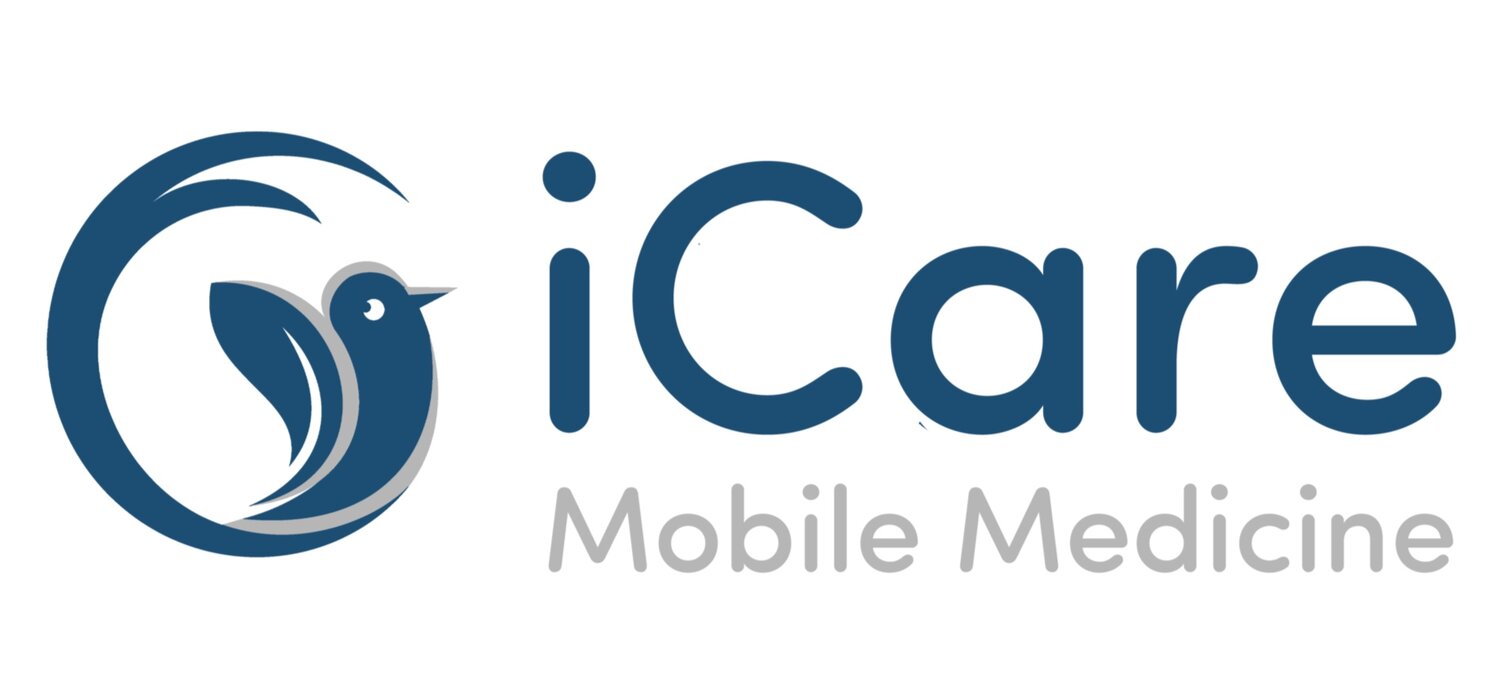
Pneumonia
Pneumonia is an infection that inflames the air sacs in one or both lungs. The air sacs may fill with fluid or pus (purulent material), causing cough with phlegm or pus, fever, chills, and difficulty breathing. A variety of organisms, including bacteria, viruses and fungi, can cause pneumonia.

Dehydration
Dehydration is the absence of a sufficient amount of water in your body. The best way to beat dehydration is to drink before you get thirsty. If you’re thirsty, you’re already mildly dehydrated, and that can cause symptoms like headache, fatigue, dizziness and more. Dehydration can contribute to life-threatening illnesses like heatstroke.

Gastritis
Gastritis is a condition that inflames the stomach lining (the mucosa), causing belly pain, indigestion (dyspepsia), bloating and nausea. It can lead to other problems. Gastritis can come on suddenly (acute) or gradually (chronic). Medications and dietary changes can reduce stomach acid and ease gastritis symptoms.

Skin infection (cellulitis)
Cellulitis is a bacterial infection of your skin and the tissue beneath your skin. Anyone can get cellulitis, but the risk is higher if you have a skin wound that allows bacteria to enter your body easily or a weakened immune system. Treatment includes antibiotics. A warm compress, elevation, compression and NSAIDs also help relieve your symptoms.

Nausea & Vomiting
Nausea and vomiting are symptoms of many different conditions, including early pregnancy, concussions and the stomach flu. Happening in both adults and children, there are many ways to relieve nausea. Drinking ice-cold beverages and eating light, bland foods can help.

Muscle spasm
Muscle spasms (muscle cramps) are painful contractions and tightening of your muscles. They’re common, involuntary and unpredictable. Although there are steps you can take to prevent a muscle spasm and treat it when it attacks, those methods are not always reliable. Muscle relaxants, stretching and massage are most likely to help.

Eye infections
Eye infections are a common medical issue in people of all ages. If left untreated, they can be frustrating, painful, and potentially injurious to your eyes’ health. Providers at Baptist Health can help put an end to your ailment.

Dizziness
Dizziness can describe several different sensations. Dizziness is an impairment of spatial orientation. A dizzy spell doesn't always indicate a life-threatening condition, but it can be unnerving. Dizziness can be associated with more serious conditions, such as a stroke or cardiovascular problems. Even on its own, though, if dizziness leads to a fall, it can be dangerous.

Allergies
Allergies are your body’s reaction to a normally harmless substance such as pollen, molds, animal dander, latex, certain foods and insect stings. Allergy symptoms range from mild – rash or hives, itchiness, runny nose, watery/red eyes – to life-threatening. Treatments include antihistamines, decongestants, nasal steroids, asthma medicines and immunotherapy.


Sexually transmitted disease (STD)
An STD or STI is a serious condition that can develop after you have unprotected sex. Common STD symptoms include itching and burning around the genital area. The good news is STD treatment (usually antibiotics) can cure the STD. You can get an STI/STD again. Make sure to use a condom whenever you have any kind of sex.

Urinary tract infection (UTI)
A urinary traction infection (UTI) is a very common type of infection in your urinary system. A UTI can involve any part of your urinary system, including the urethra, ureters, bladder and kidneys. Symptoms typically include needing to urinate often, having pain when urinating and feeling pain in your side or lower back. Most UTIs can be treated with an antibiotic.

Sore throat
A sore throat is pain, scratchiness or irritation of the throat that often worsens when you swallow. The most common cause of a sore throat (pharyngitis) is a viral infection, such as a cold or the flu. A sore throat caused by a virus resolves on its own.

Sinus Infection (Sinusitis)
Sinusitis is an inflammation, or swelling, of the tissue lining the sinuses. The sinuses are four paired cavities (spaces) in the head. They are connected by narrow channels. The sinuses make thin mucus that drains out of the channels of the nose. This drainage helps keep the nose clean and free of bacteria. Normally filled with air, the sinuses can get blocked and filled with fluid. When that happens, bacteria can grow and cause an infection (bacterial sinusitis).


Itchy skin (pruritus)
Itchy skin is an uncomfortable, irritating sensation that makes you want to scratch. Also known as pruritus (proo-RIE-tus), itchy skin is often caused by dry skin. It's common in older adults, as skin tends to become drier with age.

Migraine Headaches
A migraine is much more than a bad headache. This neurological disease can cause debilitating throbbing pain that can leave you in bed for days! Movement, light, sound and other triggers may cause symptoms like pain, tiredness, nausea, visual disturbances, numbness and tingling, irritability, difficulty speaking, temporary loss of vision and many more.

Influenza (flu)
Influenza is a viral infection that attacks your respiratory system — your nose, throat and lungs. Influenza is commonly called the flu, but it's not the same as stomach "flu" viruses that cause diarrhea and vomiting.


Ear Infection
Ear infection, an infection that occurs in the space behind the eardrum, is a common reason why your child sees a healthcare provider. Ear infections happen when bacteria or virus infect and trap fluid behind the eardrum, causing pain and swelling/bulging of the eardrum. Treatments include antibiotics, pain-relieving medications and placement of ear tubes.
